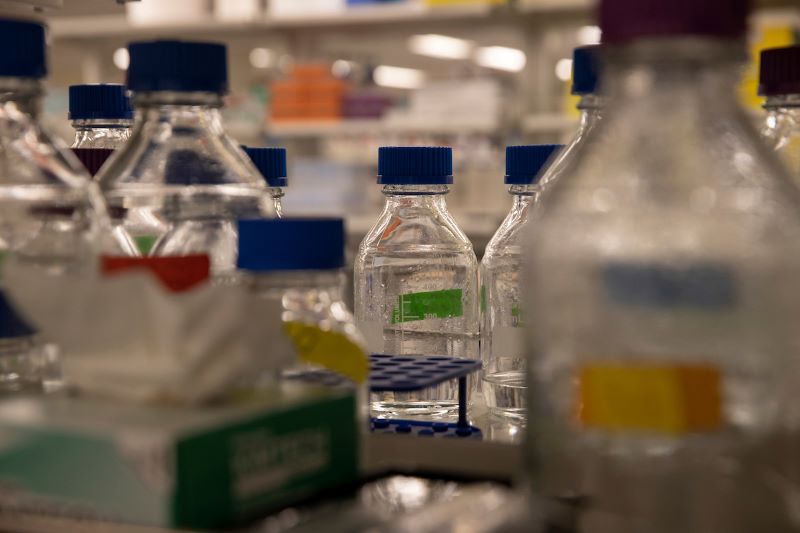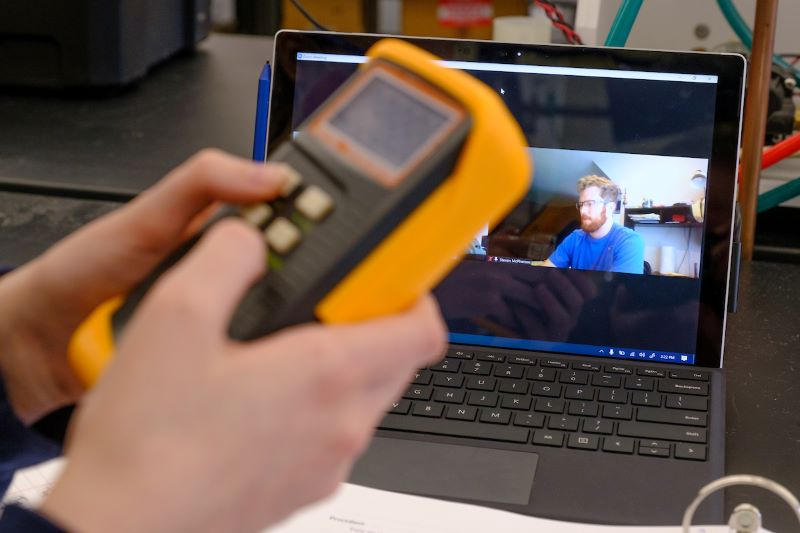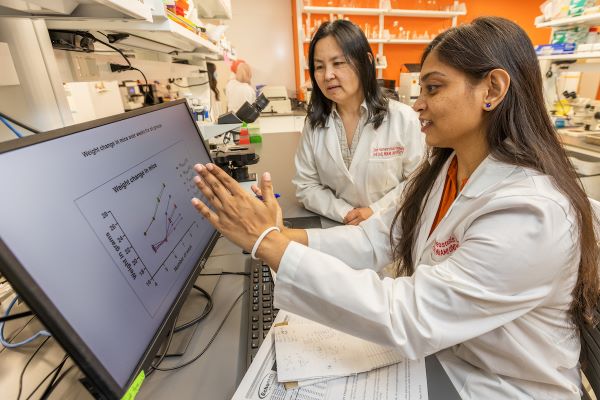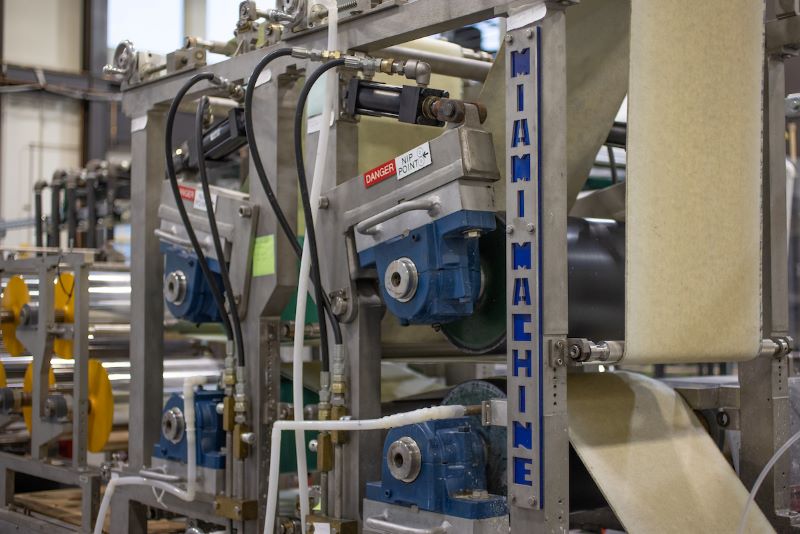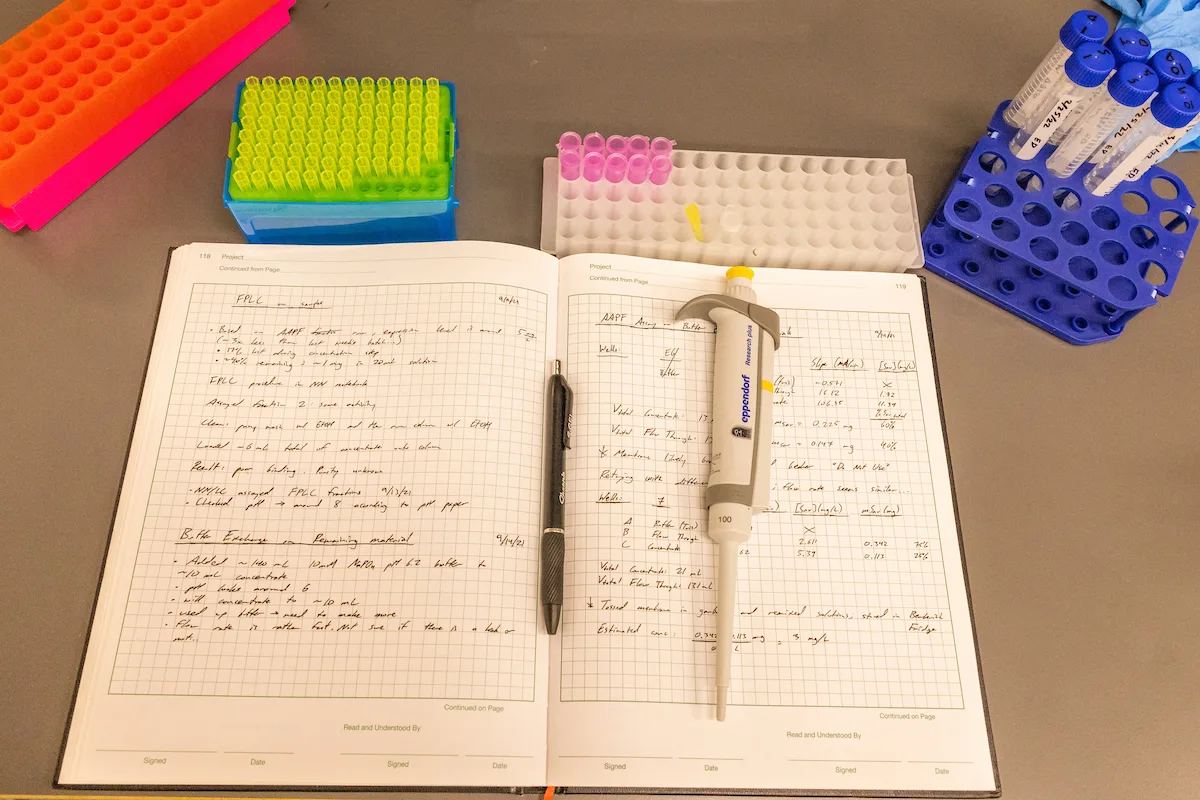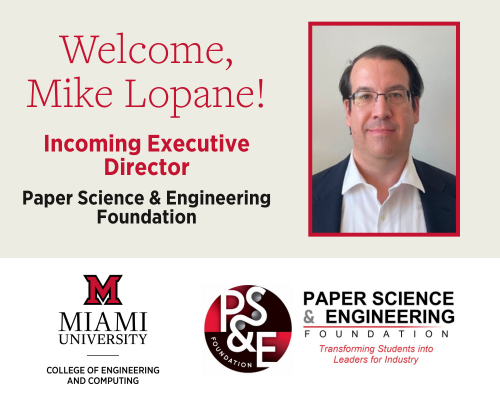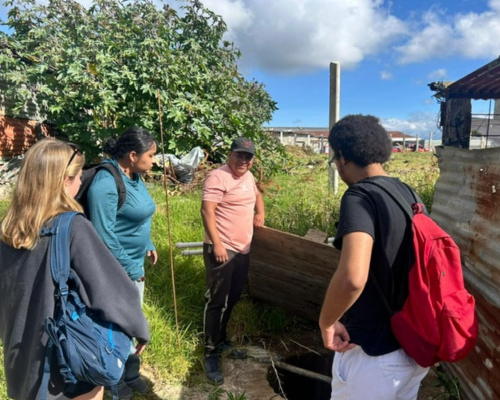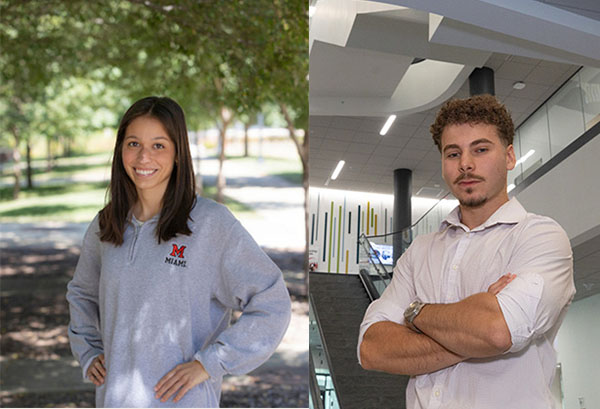Department of Chemical, Paper, and Biomedical Engineering
With a degree in biomedical engineering, chemical engineering or engineering management, you will be poised to tackle some of the most important technical problems facing society. Through our accredited curricula, our professors will guide and mentor you as you build a rock solid engineering, science and mathematical foundation. From there, you will learn to tap your personal creativity and ingenuity to team with classmates to explore specialized fields of contemporary importance. We also offer minors to enhance your major curriculum, including minors in paper science and engineering, process control, environmental engineering, clinical engineering, and regulatory affairs. Our graduates are well prepared to enter industry or continue their education in graduate or medical school.
Explore the Department
Take a Tour
Our Programs
Our Mission, Vision, and Values
Mission
Our mission is to teach and prepare liberally educated, articulate, and skilled engineers for leadership and professional careers and for advanced study. The industries we serve include the chemical, pulp and paper, bioengineering, and environmental engineering industries. A central objective of our program is to advance the fields of chemical and bioengineering through innovations in teaching and research, thus enhancing student knowledge through interactive instruction, global engagement, and experiential learning. The program will serve as a resource to inform society about innovations related to the production and uses of chemicals, pharmaceuticals, fuels, forest products, biomedical products, and bio-materials.
Vision
Graduates of the Chemical, Paper and Biomedical Engineering Department will be recognized as leading candidates for employment in industry or for advanced study in graduate or health professional programs. This recognition will stem from innovations in teaching and research that provide students experiential learning opportunities to bridge theory and practice. Faculty research and scholarship in chemical and biochemical processes, pulp and paper engineering, bioengineering, and environmental engineering will maintain excellence in these areas through development and understanding of emerging technologies. Financial resources developed through faculty innovations in teaching and research will not only sustain the program but enhance educational and research leadership.
Values
- Student Focus
- Accountability
- Leadership
- Responsibility
- Ethics and Safety
- Industry and Community
CPB Facilities
CPB's laboratory facilities include: an Engineering Instructional Lab, a Paper Testing Lab, a High Bay Area Lab which houses Miami's Pilot Paper Machine, a Biomedical Research Lab, and Faculty Research Labs. Additionally, CPB has a Contract Research Lab, where companies can work with faculty, staff, and students to conduct projects for process and product development and assessment.
Public University in Ohio for Undergraduate Engineering (Non-Doctorate)
U.S. News & World Report 2026 Best Colleges
Give to the Department
Your donation can make a difference for current and future Miami students.
Make A GiftChemical, Paper, and Biomedical Engineering News
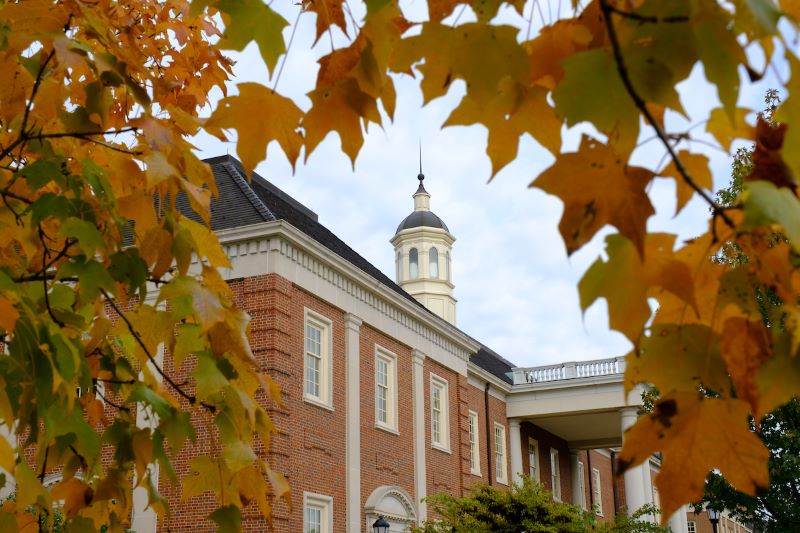
Undergraduate Admission
Prospective students interested in applying for the biomedical engineering, computer engineering, or engineering management degree programs should visit the university admission site to begin and complete the process. There are no additional steps required for admission to the College of Engineering and Computing degree programs.
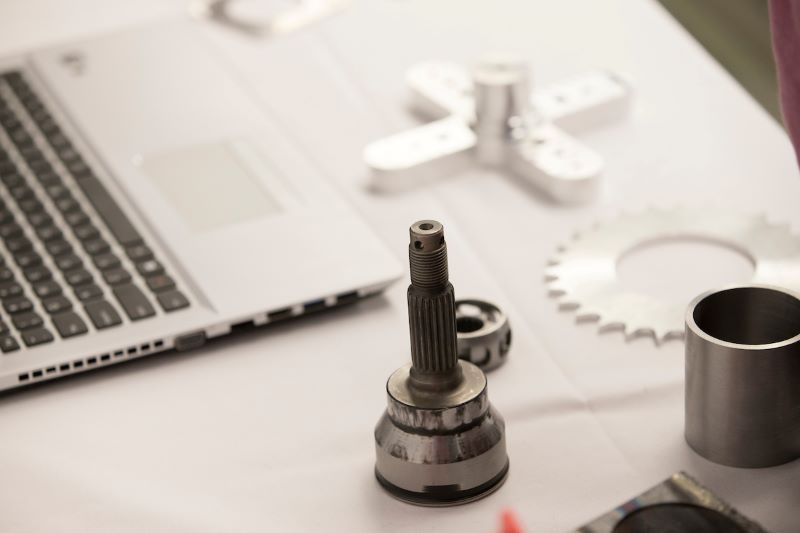
Graduate Admission
Prospective students interested in applying for the M.S. in Clinical Engineering or the M.S. in Chemical and Biomedical Engineering should visit the CPB graduate studies page for more information.
It is also highly recommended that prospective graduate students contact CPB faculty to discuss their research interests.
